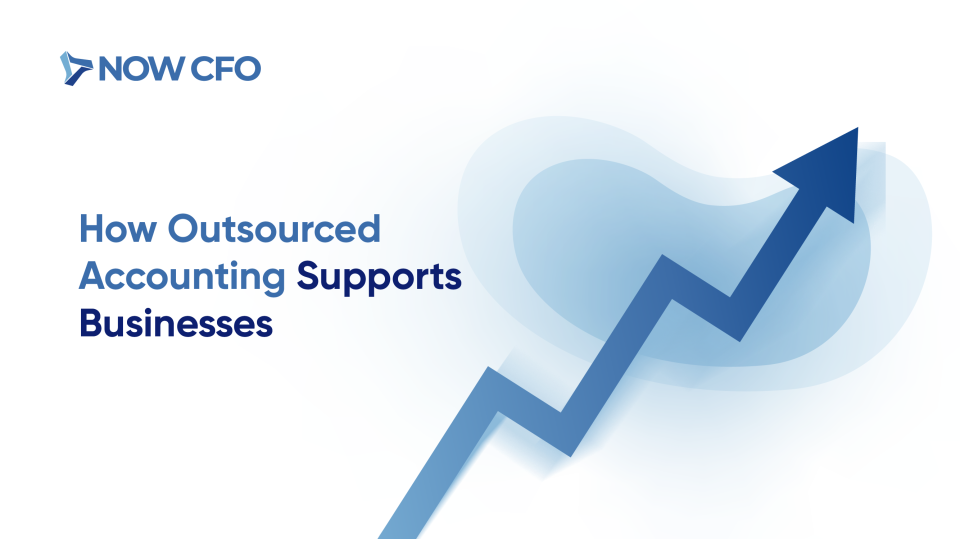
A financial misstep can break a business. When you know what to look for, you know how to protect your business from the most common financial mistakes companies make. Here are ten of the most common financial mistakes and why they can cost someone their business.
Using credit cards for large business expenses
Interest rates on credit cards are higher than the rates on business loans. When a company puts major business expenses on a business credit card, they pay more for those expenses in the long term. Perhaps most problematic, business credit issuers can lower credit limits and raise interest rates at any time based on the financial status of the business. These cards can affect both the financial status of your business and your personal credit record.
Not sticking with your budget
When you don’t have your money accounted for, it is easy to spend money you don’t need to spend. With a budget, you can estimate your company’s revenue and use that information to make informed financial decisions. When you compare your budget to your actual financials, it’s also a great measure of how the company is doing financially and where it will stand in the long-term. Without a budget, a company may be spending money it doesn’t have or passing by the potential for meeting financial goals.
Not investing in business insurance
Business insurance allows you to plan for the unexpected, at least financially. Business insurance plans will usually cover things like property damage and liability claim costs. This protects your business from occurrences like natural disasters, lawsuits, data breaches and more. Without business insurance, a company could end up paying out-of-pocket for financial mistakes from damages to worker’s compensation. In the event of a lawsuit or a product recall, a company without business insurance could end up with a deficit they can’t recover from.
Combining personal and business funds
Not only can combining personal and business funds negatively impact your credit and standing with your banking institution, it can also impact you legally. When a person sets up a corporation or LLC, the courts consider that corporation to be a separate entity from its owners. This means that if someone were to sue your company, they couldn’t sue the individual who owns it. However, if your personal finances are inextricably tied to your company’s finances, the courts may consider you and your company to be a single entity, opening you up to legal action. Legal action can not only be costly, it may have consequences that will affect your future business endeavors.
Neglecting to create a cash reserve
A cash reserve is an emergency nest egg for your business. If your business falls on hard times or you have clients that won’t pay, your cash reserve will help you pay your employees and vendors. It can also help you cover unexpected expenses you may not have budgeted for. Without an existing cash reserve, businesses must rely on loans or credit cards, ultimately paying more for those unexpected expenses. A company without a cash reserve may also have to permanently close its doors when it hits a dip.
Extravagant spending early on
Some business owners and entrepreneurs are tempted to make large, unnecessary purchases early on. For example, some business owners will splurge on expensive client lunches or nice espresso machines for the breakroom. Some will even purchase lavish décor for their lobby and offices. This is usually done in an effort to appear neck-and-neck with more established competitors. Many business owners have found that this actually has the opposite effect. Instead, investors and clients take this as a signal that the company is not managing their finances well. Eventually, these items will also cost the business more money in interest fees.
Not creating a business plan
A business plan is a roadmap for achieving your goals. They ensure that your business is financially stable and meeting its economic goals. Setting out your goals in the form of a business plan will also help you attract investors. Without a business plan, a business owner may set out to operate a business without understanding if their idea is sustainable. Before loan agreements are signed and investors are searched out, a prospective owner should create a thorough business plan.
Expanding your team too quickly
When your company is doing well, it’s easy to justify hiring a larger staff. However, these hires often happen during an upswing that may not be sustainable. Hiring costs are expensive, but not as expensive as maintaining a larger staff than you need for your day-to-day operations. Laying off excess staff is also costly, requiring you to pay severance packages and insurance coverage. Unless the extra staff is absolutely necessary to running your business, resist knee-jerk hiring too early during an upswing.
Making tax mistakes
Some business owners opt to do their own business taxes. Without a tax professional, it’s more likely that they’ll make reporting mistakes. This could be anything from claiming too many deductions to not claiming enough. Either will result in your company owing to the government money you may not have budgeted for. Claiming too many deductions may also result in a costly audit. Hiring a tax professional will not only save you time but save you money.
Failing to consult a financial professional
Often, a company needs an experienced financial professional to help them guide their business to financial success. For everything from laying out a business plan to deciding which brand of toilet paper to put in the bathroom, an accountant can help decide what the company can afford. Having a financial professional set up your budget and guide you in large business decisions will set your company up for success.
A small financial mistake can shut down even the most successful companies. An accountant or other financial professionals can guide you in making business decisions that will help keep success on your company’s business plan.
Get Your Free Consultation
Gain Financial Visibility Into Your Business
We provide outsourced CFO, fractional CFO, and temporary CFO, Controller, and operational Accounting services that suit the needs of your business.
- Hourly Rates
- No Hidden Fees
- No Long Term Requirements
NOW CFO provides the highest level of expertise in finance and operational accounting to accelerate results and achieve strategic objectives for sustainable growth and success.
After completing the form, a NOW CFO Account Executive will reach out and learn more about your needs so that we can pair you with the right Partner.
Learn More: Guide to Conducting a Financial Current State Analysis














